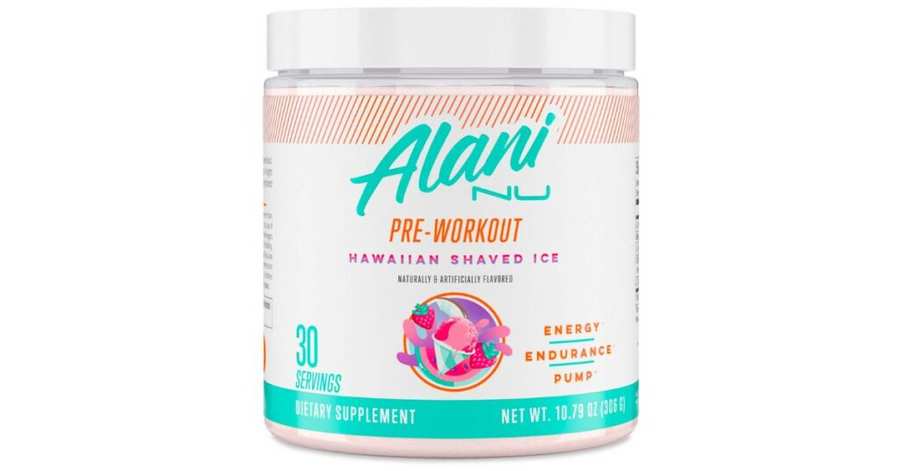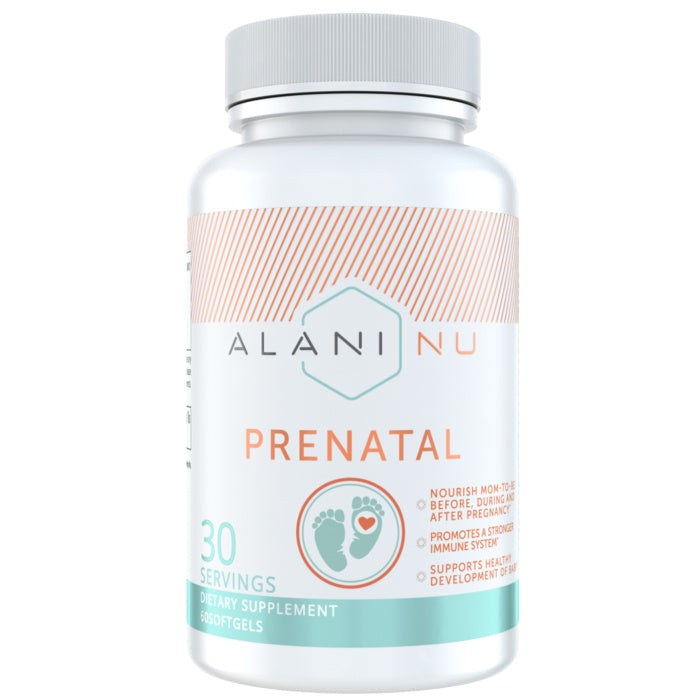Alani Nu During Pregnancy and Breastfeeding: A Complete Guide
Navigating the world of supplements during pregnancy and breastfeeding can feel like walking through a nutritional minefield. With so much conflicting information available, it’s crucial to prioritize the health and safety of both you and your baby. This comprehensive guide delves into the specifics of Alani Nu products, providing a clear understanding of whether they are safe to consume during these critical phases. We’ll explore the ingredients, potential benefits, risks, and recommendations to help you make informed decisions about your health and well-being.
Understanding the Importance of Nutrition During Pregnancy and Breastfeeding
Pregnancy and breastfeeding are periods of heightened nutritional demands. Your body requires increased intake of essential vitamins, minerals, and macronutrients to support the growth and development of your baby while also maintaining your own health. A well-balanced diet forms the cornerstone of this process. However, sometimes, dietary supplements can play a supporting role in addressing potential nutrient deficiencies or providing extra support.
Alani Nu: An Overview of the Brand and Products
Alani Nu is a popular health and wellness brand known for its wide range of products, including:
- Pre-Workout: Formulated to boost energy, focus, and endurance.
- BCAA (Branched-Chain Amino Acids): Designed to support muscle recovery and growth.
- Protein Powders: Offered in various flavors to supplement protein intake.
- Vitamins & Supplements: Including multivitamins, collagen, and specific targeted supplements.
- Energy Drinks: Pre-made drinks designed to provide an energy boost.
The key to understanding Alani Nu’s suitability during pregnancy and breastfeeding lies in scrutinizing the ingredients of each individual product.
Alani Nu Products and Their Safety During Pregnancy
It is crucial to consult with your healthcare provider before taking ANY Alani Nu product during pregnancy. This is because the safety of many ingredients in these products has not been extensively studied in pregnant women.
Here’s a general overview based on common ingredients and their usual considerations:
- Pre-Workout: Generally, pre-workouts are not recommended during pregnancy due to their high caffeine content, stimulants, and potential for other ingredients that haven’t been thoroughly studied for safety during pregnancy.
- Caffeine: Excessive caffeine intake is linked to potential risks like low birth weight and miscarriage.
- Stimulants: Ingredients like beta-alanine, and other stimulants can have unknown effects.
- BCAAs: While BCAAs might be considered safe in small doses, the overall impact on the fetus is not fully understood. Always consult with your healthcare provider.
- Protein Powders: Protein powders might be acceptable if they are pure and don’t contain added ingredients that are not safe for consumption during pregnancy, but you must consult with your healthcare provider first.
- Vitamins & Supplements: Some Alani Nu supplements, like multivitamins, might be safe if they are formulated specifically for pregnancy and have been approved by your doctor. Always check the ingredients and dosage with your healthcare provider.
- Energy Drinks: Energy drinks are generally not recommended due to their high caffeine content and the presence of other ingredients that haven’t been thoroughly studied for safety during pregnancy.
Important Considerations During Pregnancy:
- Caffeine: Limit caffeine intake to a maximum of 200mg per day.
- Stimulants: Avoid products containing stimulants like guarana, yohimbine, and excessive amounts of caffeine.
- Herbal Ingredients: Some herbs might be harmful during pregnancy.
- Dosage: Always follow the recommended dosage, and never exceed it without medical advice.
Alani Nu Products and Their Safety During Breastfeeding
Similar to pregnancy, consult your healthcare provider before taking ANY Alani Nu product while breastfeeding. Many ingredients can pass through breast milk and potentially affect the baby.
Here’s a general overview based on common ingredients and their usual considerations:
- Pre-Workout: Similar to pregnancy, pre-workouts are generally not recommended during breastfeeding due to caffeine and stimulant content.
- BCAAs: While BCAAs might be considered safe in small doses, the overall impact on the baby is not fully understood. Always consult with your healthcare provider.
- Protein Powders: Protein powders might be acceptable if they are pure and don’t contain added ingredients that are not safe for consumption while breastfeeding, but you must consult with your healthcare provider first.
- Vitamins & Supplements: Some Alani Nu supplements, like multivitamins, might be safe if they are formulated specifically for breastfeeding and have been approved by your doctor. Always check the ingredients and dosage with your healthcare provider.
- Energy Drinks: Energy drinks are generally not recommended due to their high caffeine content and the presence of other ingredients that can negatively affect the baby.
Important Considerations During Breastfeeding:
- Caffeine: Limit caffeine intake to a maximum of 300mg per day.
- Stimulants: Avoid products containing stimulants.
- Herbal Ingredients: Some herbs might be harmful during breastfeeding.
- Dosage: Always follow the recommended dosage, and never exceed it without medical advice.
- Monitor Your Baby: Pay close attention to your baby for any signs of adverse reactions, such as fussiness, sleeplessness, or changes in bowel movements.
Safer Alternatives and Dietary Recommendations
- Focus on Whole Foods: Prioritize a balanced diet rich in fruits, vegetables, lean protein, and whole grains.
- Prenatal Vitamins: Take a prenatal vitamin specifically formulated for pregnancy, as recommended by your doctor.
- Hydration: Drink plenty of water throughout the day.
- Consult a Registered Dietitian: Seek guidance from a registered dietitian or nutritionist specializing in maternal health. They can help you create a personalized nutrition plan.
Conclusion: Prioritizing Safety and Making Informed Choices
Navigating the world of supplements during pregnancy and breastfeeding requires careful consideration and professional guidance. While Alani Nu products might offer benefits for some, their safety during these critical periods is not always clear. Always prioritize the health and safety of yourself and your baby by consulting with your healthcare provider before taking any Alani Nu product. Focus on a well-balanced diet, prenatal vitamins, and the advice of qualified healthcare professionals to support a healthy pregnancy and breastfeeding journey.
FAQs:
1. Can I take Alani Nu pre-workout while pregnant?
No, pre-workouts are generally not recommended during pregnancy due to their high caffeine content and other stimulants, the effects of which are not fully understood on the fetus.
2. Is it safe to use Alani Nu energy drinks while breastfeeding?
No, energy drinks are generally not recommended while breastfeeding due to their high caffeine content and the presence of other ingredients that can negatively affect the baby.
3. What should I do if I accidentally took an Alani Nu product while pregnant or breastfeeding?
Contact your healthcare provider immediately. They can assess the ingredients and advise you on any potential risks and necessary precautions.
4. Are there any Alani Nu products that are definitely safe during pregnancy/breastfeeding?
Potentially, a prenatal vitamin or a protein powder without additional ingredients may be considered safe, but only after consulting with your doctor. It’s crucial to review the ingredient list and discuss it with your healthcare provider.
5. Where can I find more reliable information about supplements during pregnancy and breastfeeding?
Consult your doctor, a registered dietitian specializing in maternal health, or reliable sources like the American College of Obstetricians and Gynecologists (ACOG) and the Academy of Nutrition and Dietetics.




